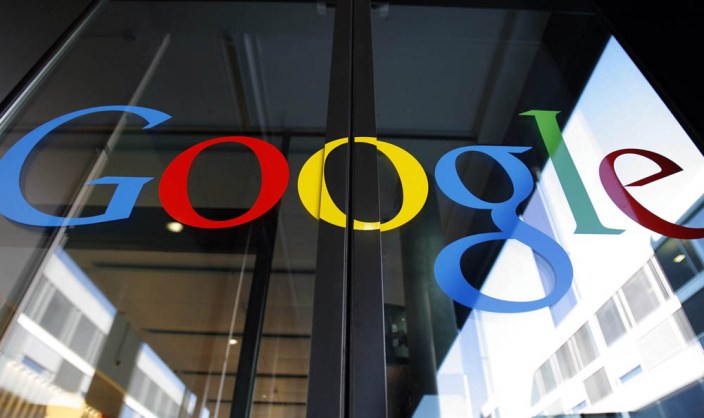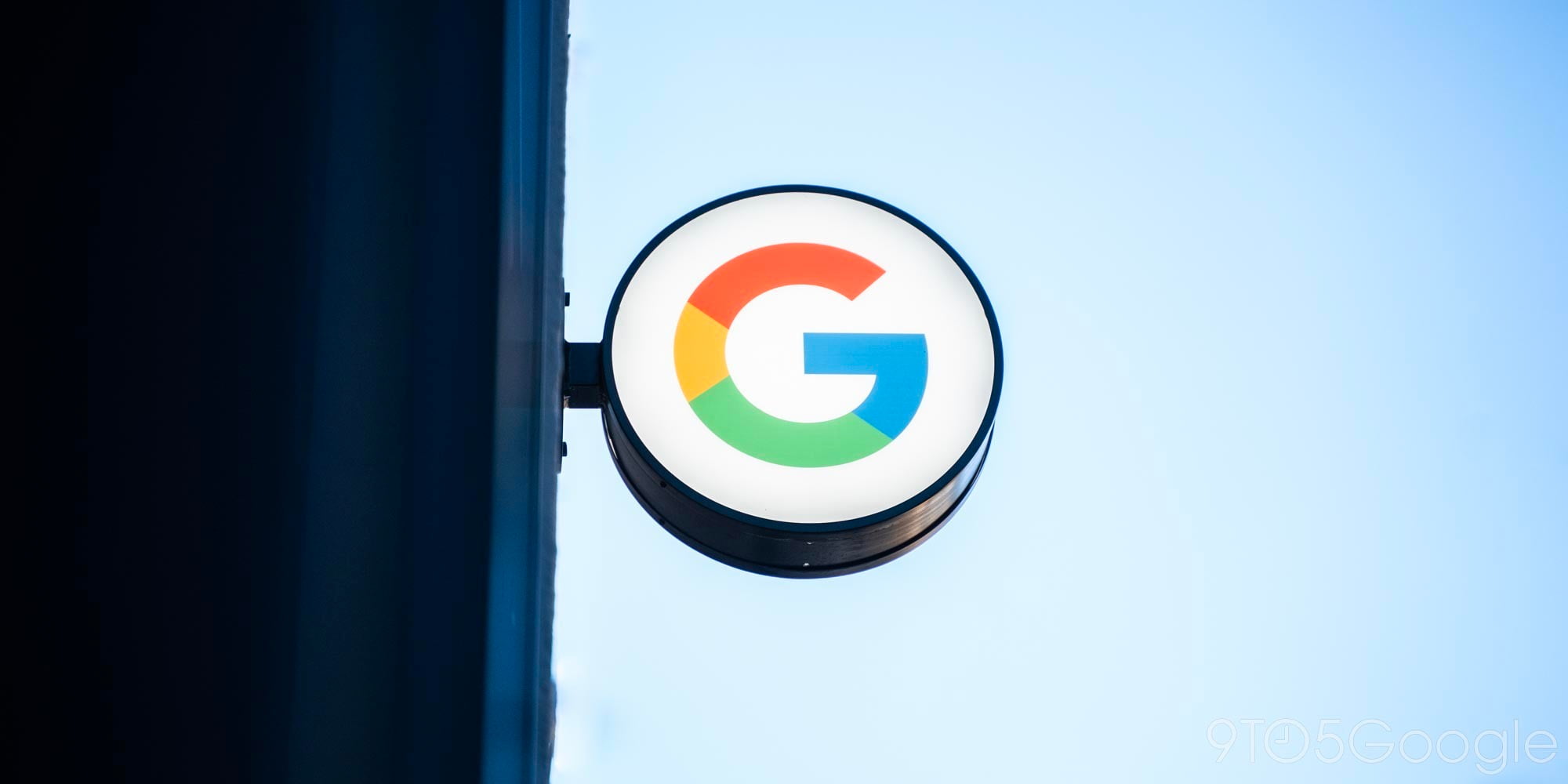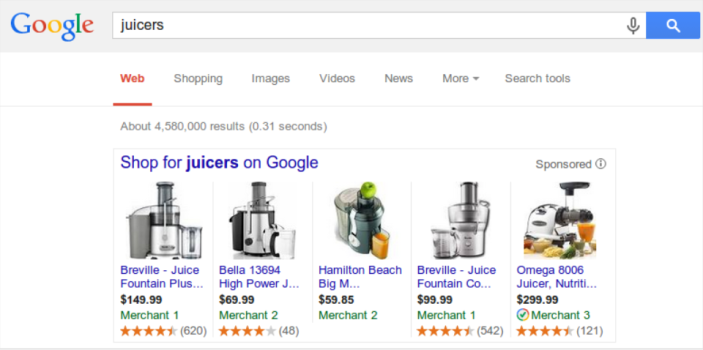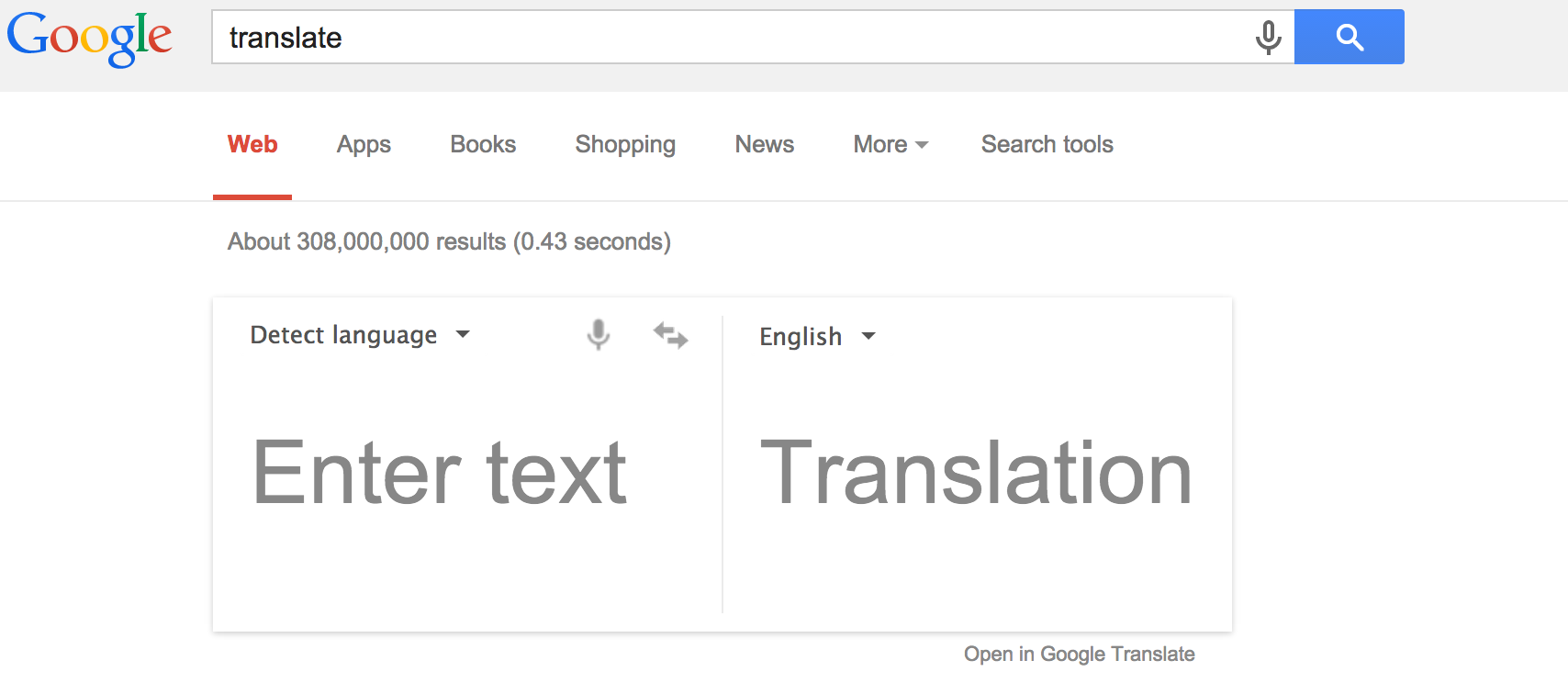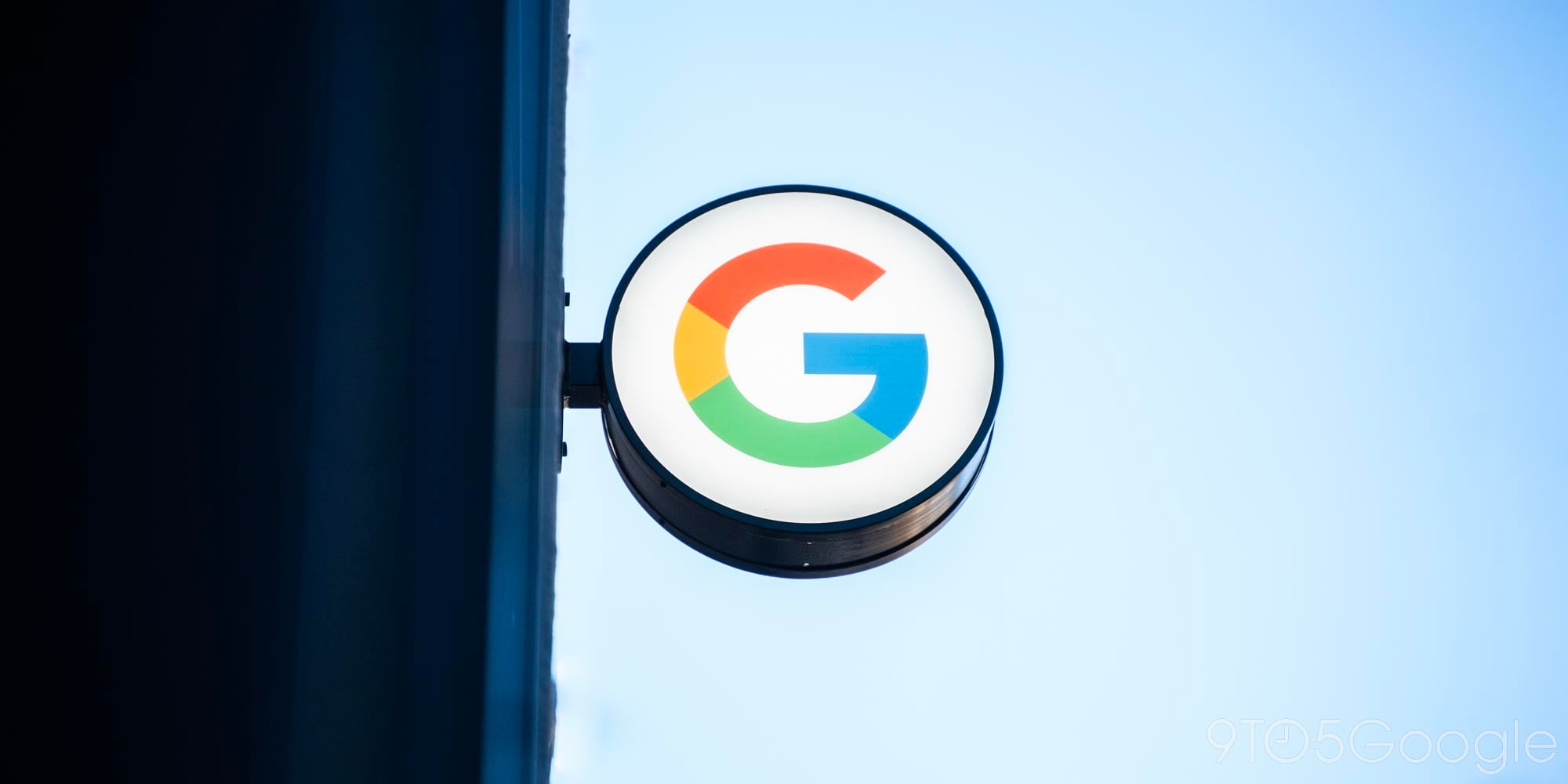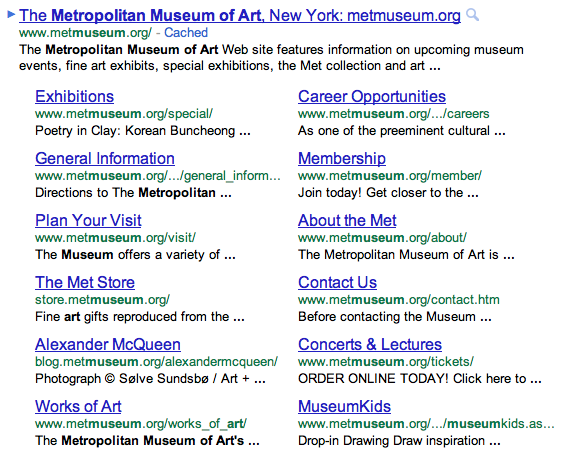
Google introduces new carousel interface in mobile search results
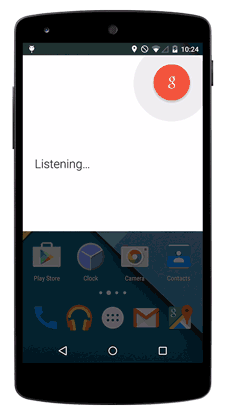 Google today, in a post on its Inside Search blog, has revealed a new interface for browsing news on its mobile website. Starting now, when you search for a topic, you’ll see a “carousel” of recent articles regarding your query that you can horizontally scroll through. The carousel contains articles from a single source of information.
Google today, in a post on its Inside Search blog, has revealed a new interface for browsing news on its mobile website. Starting now, when you search for a topic, you’ll see a “carousel” of recent articles regarding your query that you can horizontally scroll through. The carousel contains articles from a single source of information.

